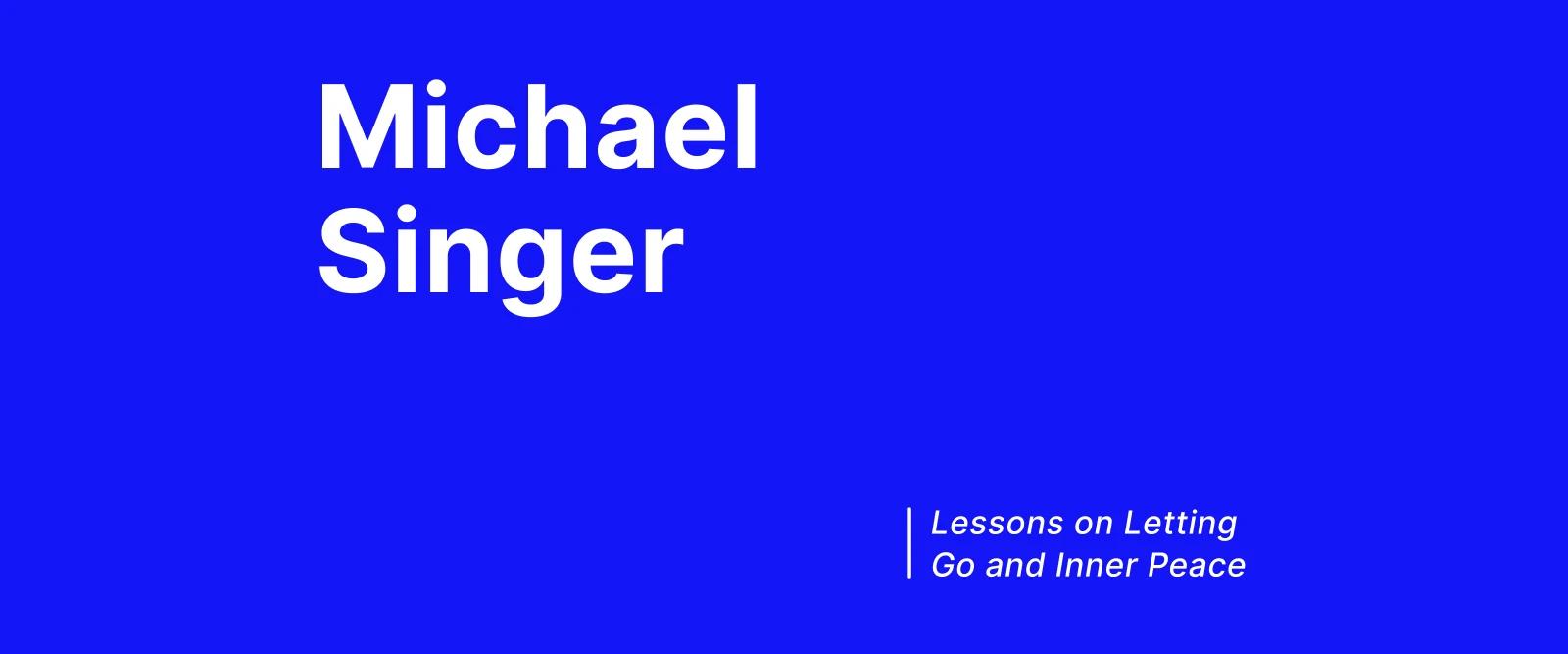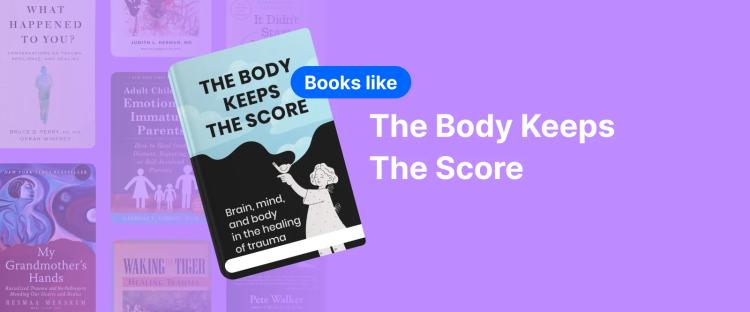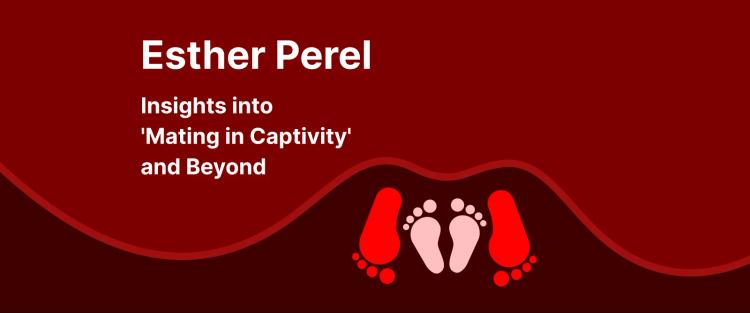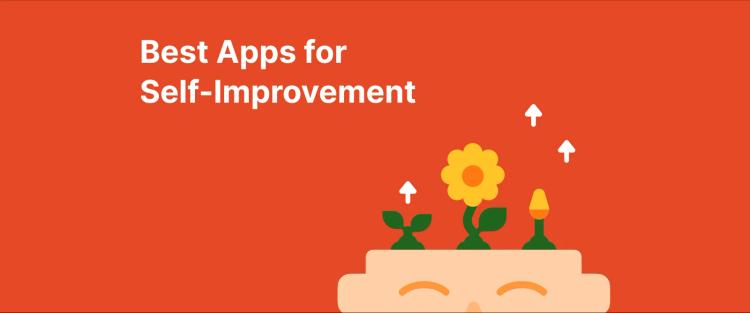Michael A. Singer is the bestselling author of 'The Untethered Soul' and the founder of the Temple of the Universe. His philosophy on surrender has inspired millions, though his life also includes legal controversy and corporate scandal.
Michael A. Singer's life reads like an intriguing Netflix drama, filled with unexpected twists and turns. Once a successful software executive, he took a remarkable leap into the spirituality realm and emerged as a mindfulness guru.
His bestselling book, 'The Untethered Soul: The Journey Beyond Yourself,' explores timeless themes of self-awareness and the pursuit of inner peace, captivating readers around the globe. The allegations surrounding his Temple of the Universe and a fraud investigation linked to his time at WebMD deepen the allure of his philosophy, making his story all the more thrilling.
In this article, you will learn:
What Michael Singer says about anxiety and emotional freedom
The key ideas behind Michael Singer’s surrender philosophy
How Michael Singer made his money before becoming a spiritual teacher
Whether ‘The Untethered Soul’ is a good book and why it’s so popular
How rich Michael Singer is and what shaped his wealth
Whether Michael Singer is a yogi or a spiritual leader today
Letting go to grow: A closer look into the philosophy of Michael A. Singer
Michael A. Singer has carved out a unique niche in the world of spiritual awakening — a name that resonates deeply within contemporary self-help literature.
From his humble beginnings in a quiet meditation practice to penning the wildly popular bestseller, 'The Untethered Soul,' Singer's revolutionary philosophy promotes "the art of surrender" and "the liberation that comes from letting go of our relentless inner chatter."
The journey of this visionary thinker has had its challenges. His ideas have sparked both admiration and controversy, inviting a closer look at the principles he advocates.
In this review, we'll tap into the essence of Singer's philosophy on surrender, highlighting practical steps for finding peace and breaking free from the self-imposed chains that bind us. Alongside this, we'll unravel the engaging (and at times tumultuous) story of the writer himself and the global community he has initiated.
Join us as we navigate the profound impact of his work and the questions it raises in the hearts and minds of readers.
Embrace your inner power with 'The Untethered Soul' guide
Published in 2007, 'The Untethered Soul: The Journey Beyond Yourself' quickly skyrocketed in popularity on Goodreads and the New York Times list. Many critics recommended it as a valuable guide for breaking free from any self-imposed limitations.
"Only you can take inner freedom away from yourself, or give it to yourself. Nobody else can."
The author draws from his meditation practices to teach the importance of awareness in appreciating the present moment. By letting go of pain and traumatic memories, readers can taste serenity and learn to filter their thoughts without overly criticizing themselves. This also helps them learn about the thinking patterns triggering hurtful states of mind.
"When a problem is disturbing you, don't ask, "What should I do about it?" Ask, "What part of me is being disturbed by this?”
Singer addresses the role of fear, guiding the audience to confront it without letting it take over their lives. 'The Untethered Soul' basically promotes connecting with an inner self and shaking off societal pressures.
What is Michael Singer's surrender philosophy?
It's the practice of letting go of internal resistance and allowing life to unfold naturally. This involves observing your thoughts without judgment, releasing control, and accepting the present moment without clinging or fear.
'The Untethered Soul' and the later works of the writer-philosopher highlight the idea of "living from a place of surrender." Singer's 'The Surrender Experiment: My Journey into Life's Perfection' published in 2015 chronicles the author's journey to accepting his surrender philosophy leading to "lasting joy and fulfillment."
This spiritual practice encourages staying present and letting go of whatever slows down or disturbs this process.
"Living from a place of surrender" is based on several core principles:
1. Embracing the present moment: Accepting reality without unnecessary self-depreciation.
2. Releasing opposition on the inside: Understanding that pain often stems from internal struggles about how things "should" be.
3. Trusting the natural flow of life: Accepting that life unfolds unpredictably and giving up over-analyzing every detail will lower everyday stress levels.
4. Relinquishing control: Letting go of the need for constant self-mentorship and allowing life to direct your steps.
5. Connecting with your inner self: Shifting attention from external chaos to nurturing your internal responses.
6. Perceiving life as a spiritual practice: Seeing challenges as growth opportunities by observing emotional reactions without resistance.
7. Getting happier through inner freedom: Detecting and eliminating constricting thoughts right on the spot.
Those who prefer digital study formats can access the online video course on "Living…" via the Sounds True platform. A conversation between Michael Singer and Tami Simon, the platform's founder, offers deeper insights into the meaning of life philosophy, which is also discussed in the author's latest works.
Practical steps to implement the "surrender philosophy"
Following Singer's 'The Untethered Soul,' you can integrate the "living from a place of surrender" principle into your daily life through these practical steps:
Step 1. Become a witness to yourself and observe your thoughts and emotions without getting caught up in them.
"Do not let anything that happens in life be important enough that you're willing to close your heart over it."
Step 2. Let go of expectations, all the "shoulds" and "shouldn'ts, " and accept life as it is.
"Most of the talking is just a waste of time and energy. The truth is that most of life will unfold in accordance with forces far outside your control, regardless of what your mind says about it. It's like sitting down at night and deciding whether you want the sun to come up in the morning. The bottom line is, the sun will come up and the sun will go down."
Step 3. Allow your emotions to flow to experience them well and let them dissipate naturally.
"The truth is that most of life will unfold in accordance with forces far outside your control, regardless of what your mind says about it."
Step 3. Respond to triggers calmly, pace your anger impulses, and keep your mind at peace.
"We are constantly trying to hold it all together. If you really want to see why you do things, then don't do them and see what happens."
Step 4. Trust your intuition to tone down your resistance and update your mental self-compass, guiding you through stressful and depressing times.
"There is nothing more important to true growth than realizing that you are not the voice of the mind - you are the one who hears it. If you want to be happy, you have to let go of the part of you that wants to create melodrama. This is the part that thinks there's a reason not to be happy."
The benefits of adopting "a surrendered approach" include reduced anxiety, boosted emotional resilience, and deepened relationships with friends, family, and colleagues. Embracing surrender invites acceptance and mutual trust, inevitably raising an overall quality of life.
Michael Singer: From software business leader to spiritual guru
Over the years, Michael A. Singer's philosophy of surrender has been shaped by a variety of his life experiences. The author's appearances on shows like Oprah's Super Soul Sunday offer a window into his character, allowing readers to connect with him on a deeper level.
Michael "Mickey" Singer was born in 1947 in New York into a stockbroker's family. Following his father's footsteps, he studied business administration and then earned a master's in economics at the University of Florida.
In 1971, while pursuing his doctoral studies in Gainesville, Singer entered "a deep inner awakening" that led him to seclusion. He immersed himself in meditation, developing teachings focused on personal growth and emotional healing.
Yet the future star guru did not distance himself from business just yet. In 1981, he co-founded Medical Manager Inc., which gained recognition for its user-friendly product that streamlined administrative and financial operations such as appointment scheduling and insurance claims processing.
In 2000, the Smithsonian National Museum of American History adopted this software into its permanent research collection.
Following Medical Manager's sale to WebMD in 2002, Singer secured an executive vice president position, further contributing to information technology advancements in healthcare.
The founding of "The Temple of the Universe"
In 1975, Michael Singer opened "The Temple of the Universe" center, hoping "to create a place for meditation and personal growth and welcome people from all spiritual backgrounds." Over the years, it has become a popular center for yoga and mindfulness practices.
Since its foundation, the Temple has been surrounded by controversial claims and allegations. Some have expressed concern about the center's resemblance to high-control spiritual communities, citing factors such as Singer's sudden transition from a software entrepreneur to a "spiritual leader" with much power over followers.
Other allegations point out that the very name of the Temple of the Universe implies a close-knit community hyperfixated on Singer's teachings. They "worry" that this can create "a sense of separation from the outside world," leaving visitors "emotionally dependent on their inner circle" at this "meditation center."
Although the Temple has received non-profit religious status from the Internal Revenue Service (IRS), it doesn't meet the criteria of a mainstream religion. Its visitors are encouraged to buy Singer's "new age" books and classes and follow his lead.
There are also concerns about the center's financial transparency, as the Temple has not made its financial records public. While these aspects raise concerns, everyone interested in Singer's legacy should form their own conclusions after thorough research.
Michael A. Singer's involvement in the WebMD securities fraud investigation
Michael Singer's financial controversies add an intriguing layer to his path from medical software developer to spiritual author. His company, Medical Manager Health Systems, facilitated the industry and earned him respect from his peers.
In 2003, a federal investigation into Medical Manager's practices escalated, leading to a search of the company's offices. WebMD admitted what was happening publicly and formed a Special Committee of independent board members. This committee was set to cooperate with the IRS and the Federal Bureau of Investigation (FBI) to manage any reputation damage.
According to the US Department of Justice (DOJ), the allegations focused on a scheme to inflate stock values by over $16.8 million from 1997 to 2001. The company was accused of methods like "inflated liability accounts" reversed into the Medical Manager's earnings and "round-trip sales" when they paid too much for the businesses they acquired and made them purchase its software.
They then supposedly reported this profit as theirs, reclassifying it to allow the Medical Manager to count its earnings twice, even though the actual demand for its software did not increase.
Here's a simple timeline to help navigate the crucial events in this case:
1981: Medical Manager starts its operations with M. Singer as a co-founder.
1997: The company goes public.
2000: Healtheon & WebMD announces it will buy Medical Manager, completing the $5 billion deal in just a few months.
2002: Medical Manager's IT developments get the Smithsonian Institution recognition.
2003: The FBI and IRS conduct a search at Medical Manager's offices; WebMD acknowledges an ongoing investigation to the public.
2005: Michael Singer steps down from his position while his former executives and employees await their indictments.
2006: The company is renamed to Emdeon; Sage Software buys it.
2007: Two ex-executives, J.H. Kang and J.P. Sessions, face a new, more serious charge.
2009: Michael Singer and other Medical Manager executives were charged with securities fraud. This follows investigations by the FBI and IRS into their activities at the company.
2010: J.H. Kang and J.P. Sessions are "found guilty in securities fraud scheme" while M. Singer "enters into a deferred prosecution agreement and agrees to forfeit $2.5 million." Such an agreement doesn't imply a conviction, which means you do not have to admit guilt, and if you follow a list of conditions for a set time, the charges against you will be dropped.
The timeline indicates that activities attracting the attention of the US government began before the Medical Manager was fully integrated into WebMD and continued for some time afterward. The case represents an important chapter in Singer's life, with all the discussions about ethics and integrity in business inevitably shaping his writer's perspective.
Positive public influence despite the alleged controversies
All the financial, legal, and ethical controversies have only fuelled Michael Singer's resolve to learn, grow, and rise above adversity.
His loyal following, sharing heartfelt testimonials about the transformative impact of his teachings, is a testament to his ability to inspire others to overcome challenges.
Many fans credit significant personal transformations to his well-known publications, especially 'The Untethered Soul' and 'The Surrender Experiment,' as practical guides for overcoming anxiety, healing from past trauma, and effectively handling complex emotional situations.
Singer's mainstream appeal is further highlighted by his numerous appearances on influential media and TV platforms and his continuous presence on the bestseller charts. This visibility showcases his broad reach and sense of relatability felt among the self-help communities.
For those learning from Singer's teachings, the tangible benefits — ranging from greater emotional resilience to a deeper sense of inner peace — may far overshadow any criticisms he may face.
Literary influence of Michael A. Singer
The author's literary and spiritual influence continues to be significant, even in light of the legal controversies associated with his name. Readers rely on his works to help them navigate the challenges they face on their journey toward deeper self-awareness. Below are some of his other impactful titles:
- 'The Search for Truth' (1974): This is where it all began. Inspired by his professor, Singer's debut book sets the stage for his lifelong exploration of spirituality.
- 'Three Essays on Universal Law: The Laws of Karma' (1975): In this thought-provoking collection, Singer explores the intricate themes of fate and the essence of love, inviting readers to reflect on their life experiences.
- 'Living Untethered: Beyond the Human Predicament' (2022): This new book builds on the powerful themes introduced in 'The Untethered Soul,' providing tools for navigating life's complexities.
These works testify to Michael A. Singer's dedication to guiding people on their mindfulness quests. He articulates complex philosophical concepts in a simple and relatable way, raising his impact as a spiritual author and guru.
Most recent Michael Singer offerings to a global audience
The author announced the launch of the Michael Singer Podcast on Spotify and other digital platforms in August 2024. The podcast's mission is to share his experience and mindfulness lessons with everyone interested in personal growth.
Each episode explores the realms of human consciousness and recommends easy mindfulness-based tools suitable for daily use. The content fosters a sense of community and encourages listeners to help each other with their spiritual progress.
Continue your quest of self-discovery with Headway
Entangled with legal battles and controversies, Michael A. Singer's transformation from an economics scholar to a spiritual guide resonated with millions. The reason is simple: it promotes self-awareness and inner peace, two most sought-after matters in the history of philosophy.
To continue this exciting personal development journey, explore the Headway app for accessible summaries. Discover new horizons of your personality by tapping into a rich selection of "248 Essential Books on Emotional Intelligence for Enhancing Skills," which lists readers-favorite authors like Jordan B. Peterson with his thought-provoking masterpiece 'Beyond Order.'
Legal Disclaimer: This article provides a summary of publicly accessible information and shall not be construed as evidence or as a counterargument (legal rebuttal) concerning any allegations directed at Michael A. Singer or any of his businesses, institutions, publications, or associates. For comprehensive information regarding the federal investigation into Medical Manager Inc., we recommend visiting the DOJ website, reviewing Medical Manager's SEC filings on EDGAR, and exploring PACER for related court documents.
FAQ
What does Michael Singer say about anxiety?
Michael Singer believes that anxiety comes from resisting what’s happening in the present moment. In ‘The Untethered Soul’, he explains that we often create anxiety by trying to control life or push away difficult emotions instead of simply letting them move through us. His approach to emotional freedom starts with observing your thoughts rather than getting swept up in them. By practicing mindfulness and surrender, Singer says we can ease the inner tension that causes anxiety and reconnect with a deeper sense of peace. For him, the real key is letting go of the urge to fix everything and learning to live with open awareness.
What is Michael Singer’s surrender philosophy?
Michael Singer’s surrender philosophy is all about letting go of inner resistance and learning to trust the natural flow of life. Instead of reacting to every thought or trying to control every situation, he encourages people to observe their inner world without judgment and allow emotions to pass freely. In both ‘The Untethered Soul’ and ‘The Surrender Experiment’, Singer explores the power of living in the present moment and quieting the ego’s need to manage everything. He teaches that surrender leads to genuine happiness and deep spiritual growth—not by changing the world around you, but by accepting it as it is.
How did Michael Singer make his money?
Before Michael Singer became known as a spiritual author, he made his money in the tech and healthcare industries. Back in 1981, he co-founded Medical Manager Corporation, a company that developed software to help medical practices manage tasks like scheduling and billing. The business went public in 1997 and was later acquired by WebMD in a multibillion-dollar deal. Singer worked as an executive vice president at WebMD until he stepped down during a federal investigation involving other company executives. Despite the controversy, his success in business played a big role in building the wealth that later allowed him to focus on spiritual teaching.
Is ‘The Untethered Soul’ a good book?
Absolutely. ‘The Untethered Soul’ by Michael A. Singer is often described as a life-changing book for those interested in spiritual growth and emotional freedom. Since its release in 2007, it’s remained a bestseller on Amazon and The New York Times list. The book is well-loved for its clear and practical take on mindfulness, inner peace, and self-awareness. Many readers say it helped them work through anxiety, past trauma, and negative thinking. With tens of thousands of five-star reviews and endorsements from thought leaders like Oprah Winfrey, ‘The Untethered Soul’ is a trusted guide for anyone looking to grow personally and spiritually.
How rich is Michael Singer?
Michael Singer’s exact net worth isn’t publicly available, but it’s clear he found significant financial success before becoming a spiritual teacher. He co-founded Medical Manager Corporation, a healthcare software company that was sold to WebMD in a deal worth over $5 billion. As part of a deferred prosecution agreement during a later securities investigation, Singer agreed to forfeit $2.5 million—but this didn’t include an admission of guilt. Even with that legal situation in his past, his financial success—combined with strong book sales—suggests he remains quite wealthy today.
Is Michael Singer a yogi or spiritual leader?
Michael Singer is best known today as a spiritual leader and mindfulness teacher. While he draws from yogic traditions—like meditation, non-attachment, and inner awareness—he doesn’t hold the formal title of a yogi or guru. In 1975, he opened the Temple of the Universe in Florida, a meditation and spiritual center welcoming people from all backgrounds. His teachings blend Eastern spirituality with Western self-help, focusing on surrender, presence, and awakening. Through bestselling books and online courses, Michael Singer has become a global voice in the world of contemporary spirituality.










